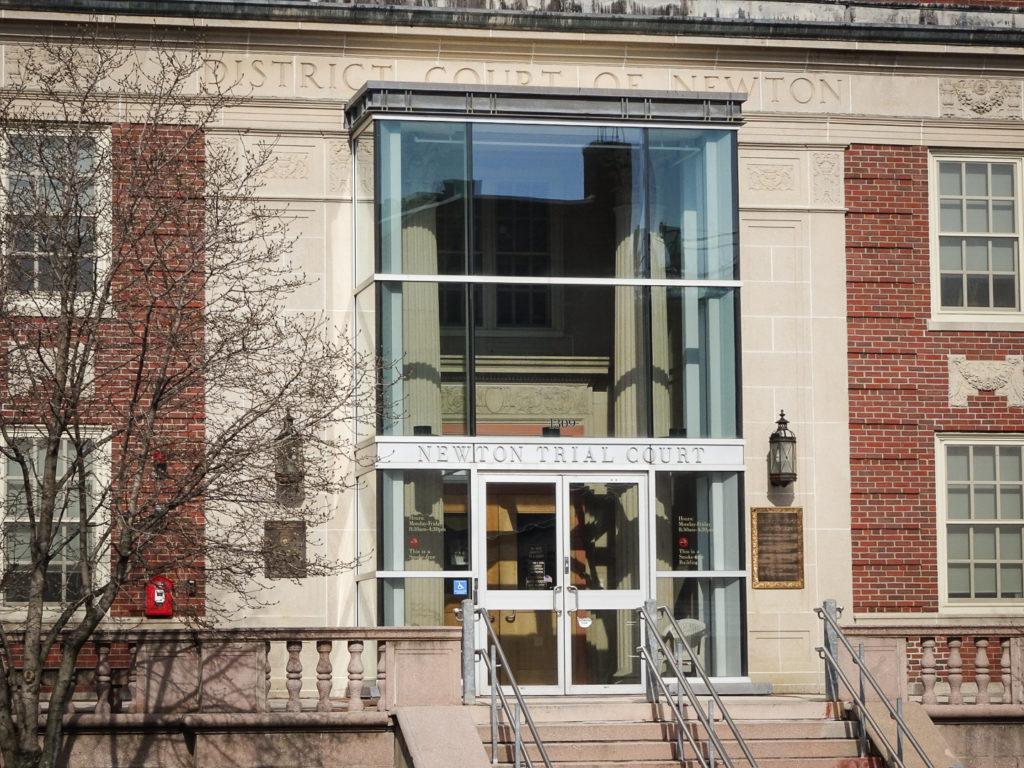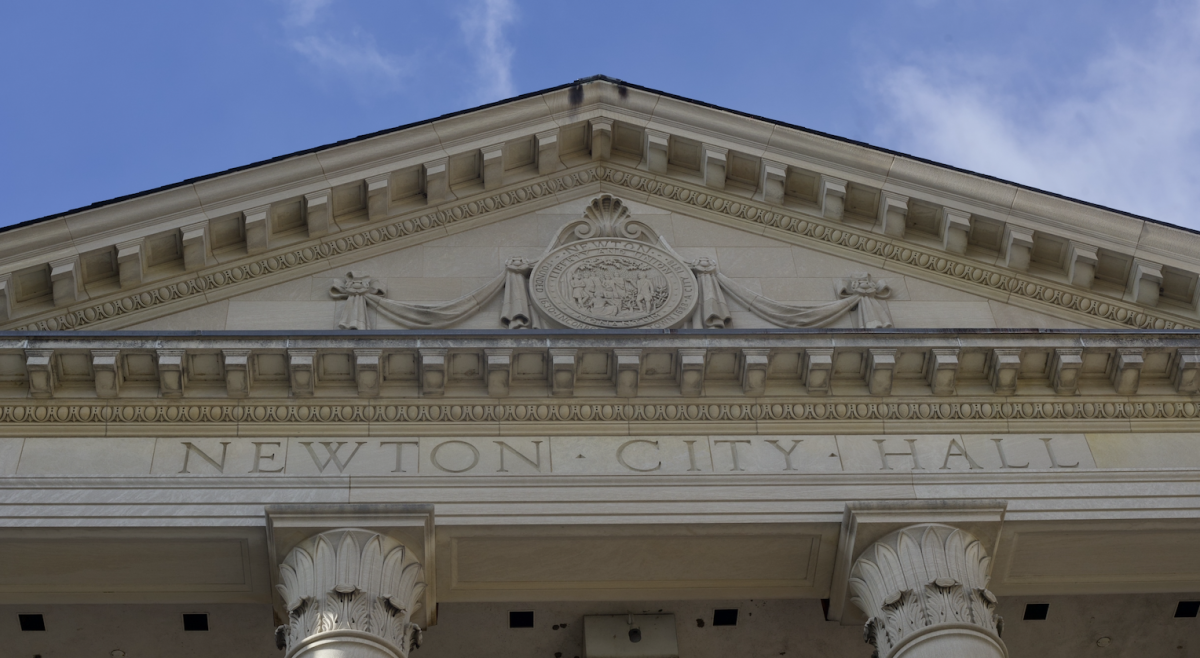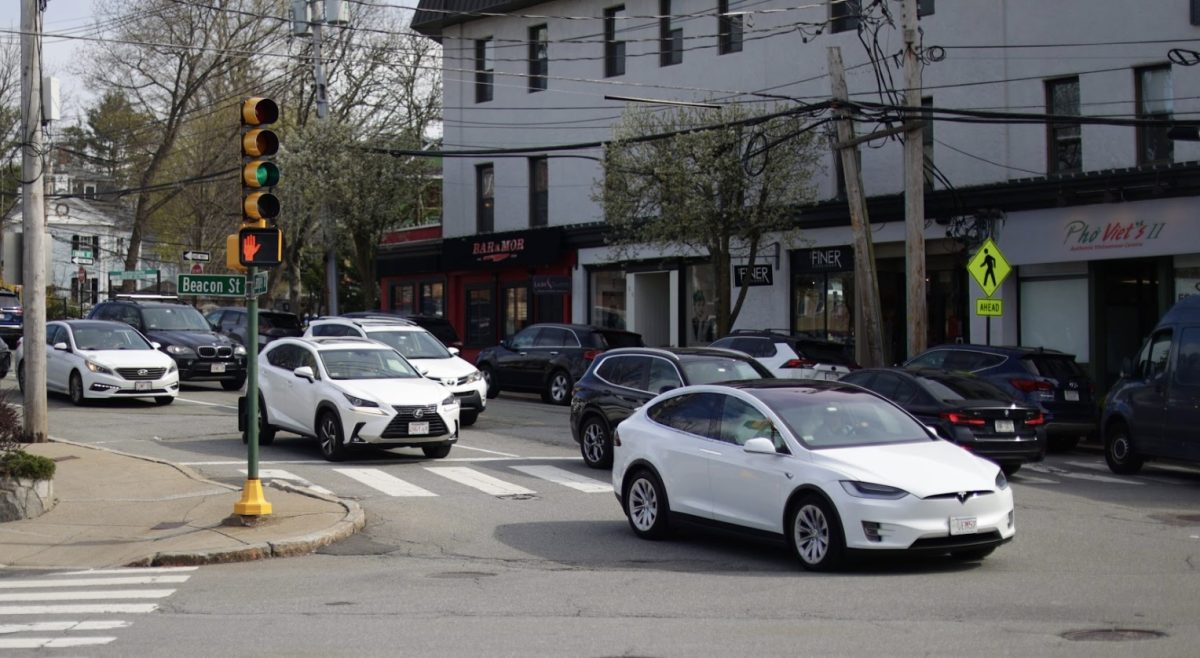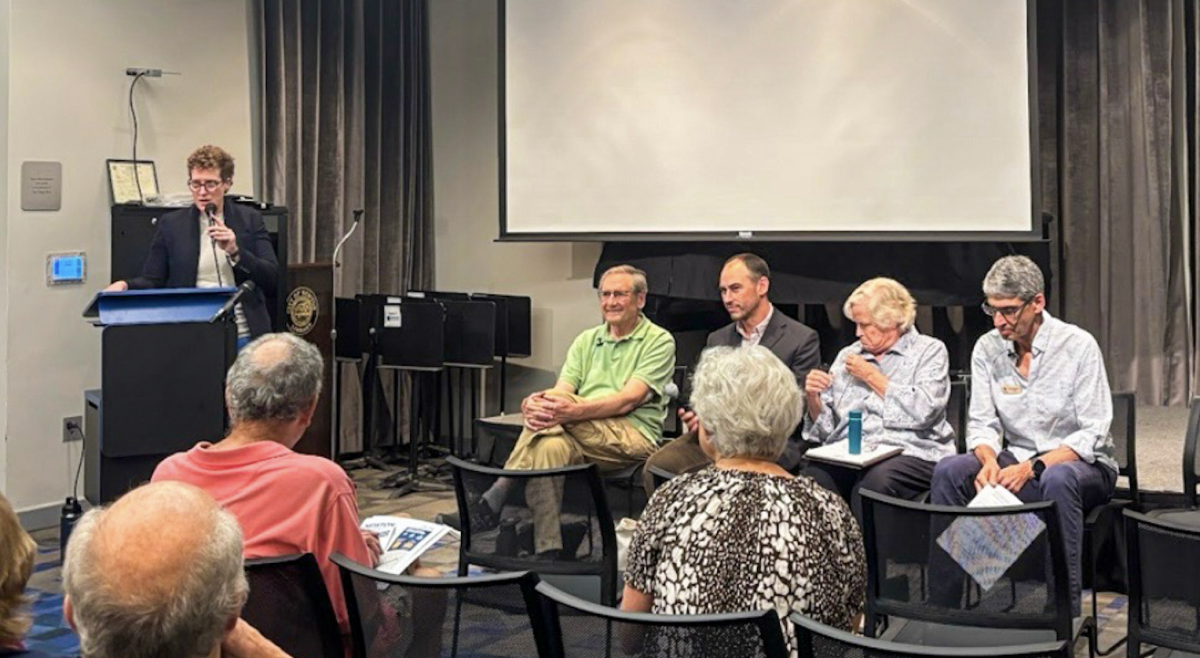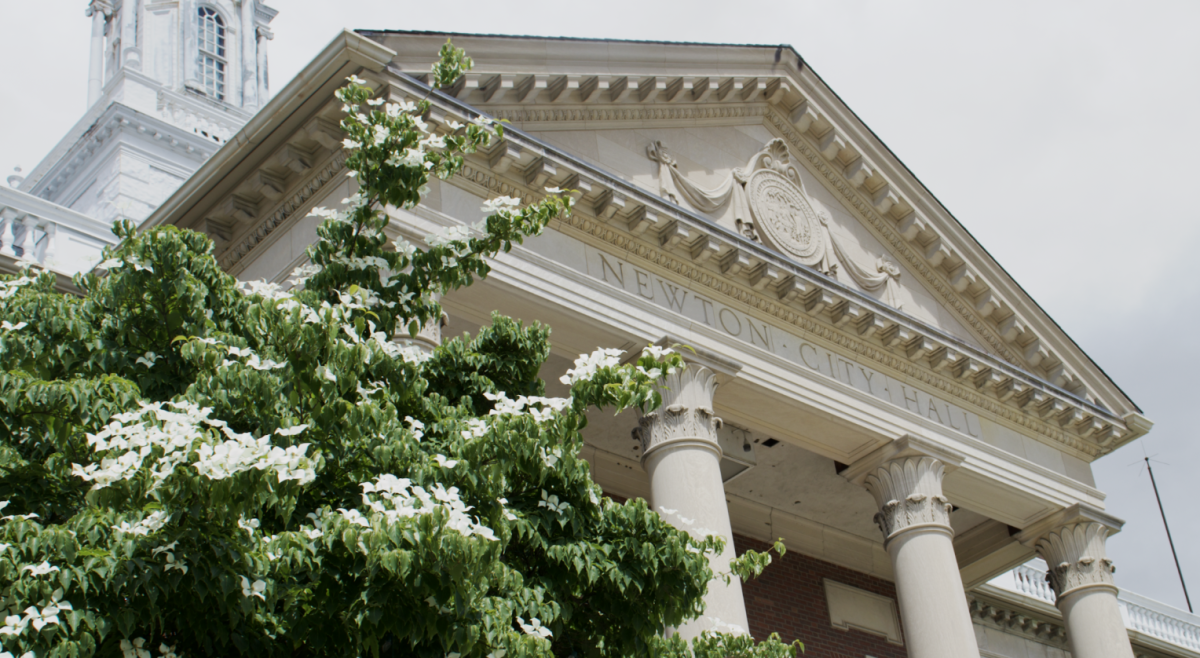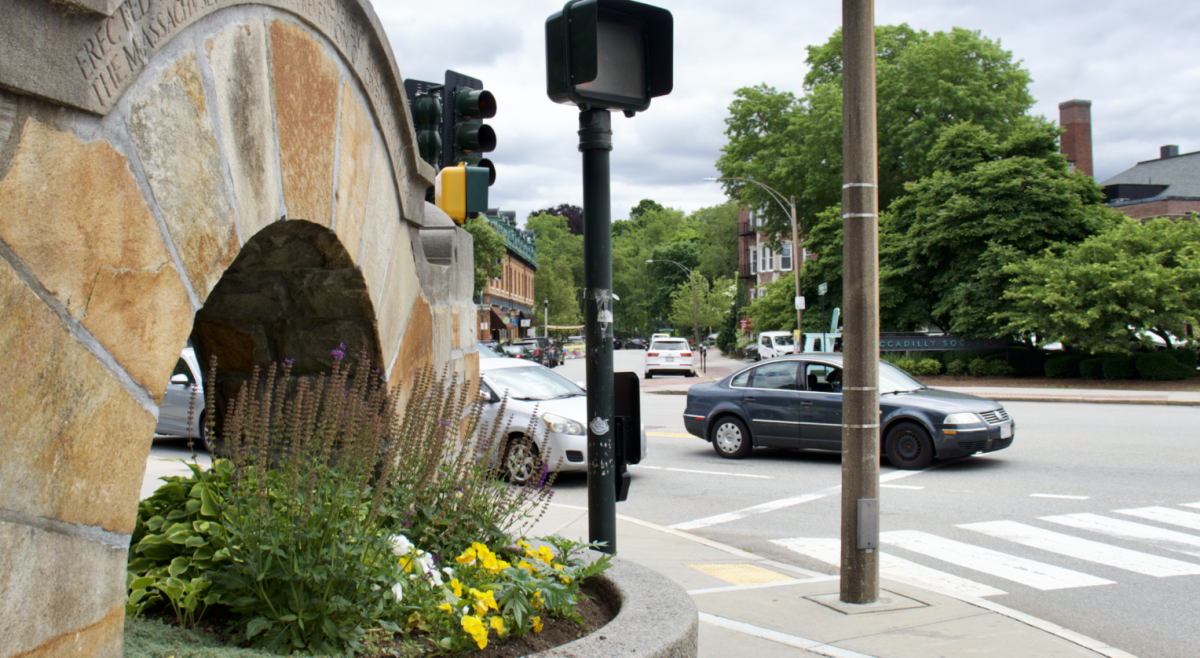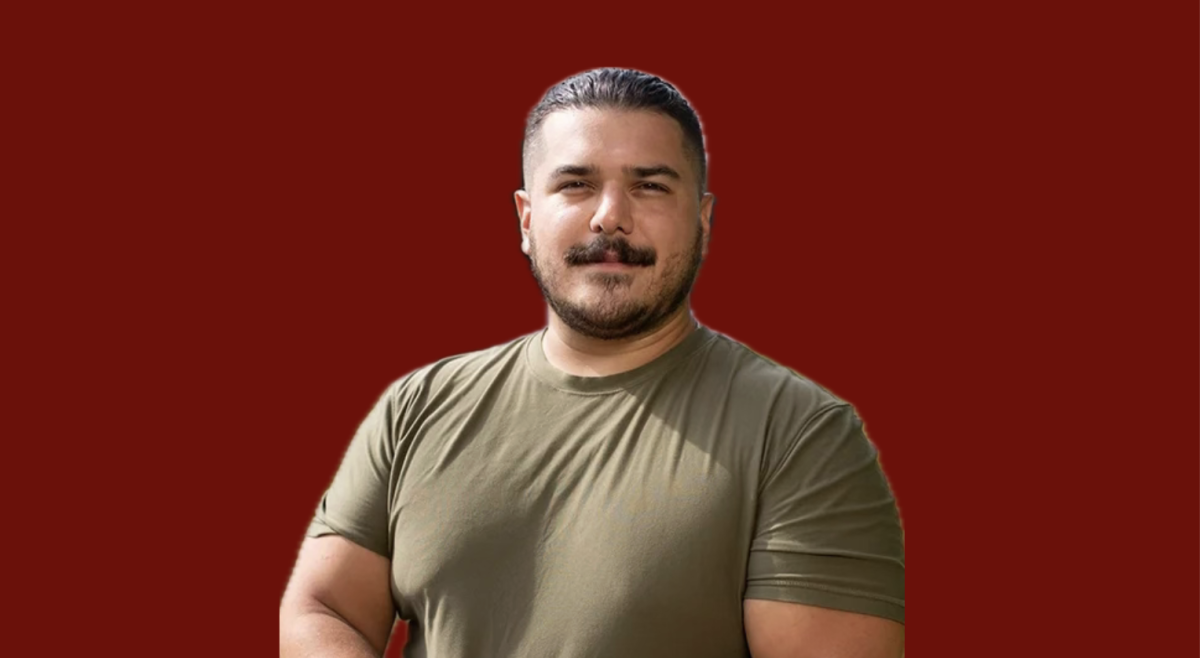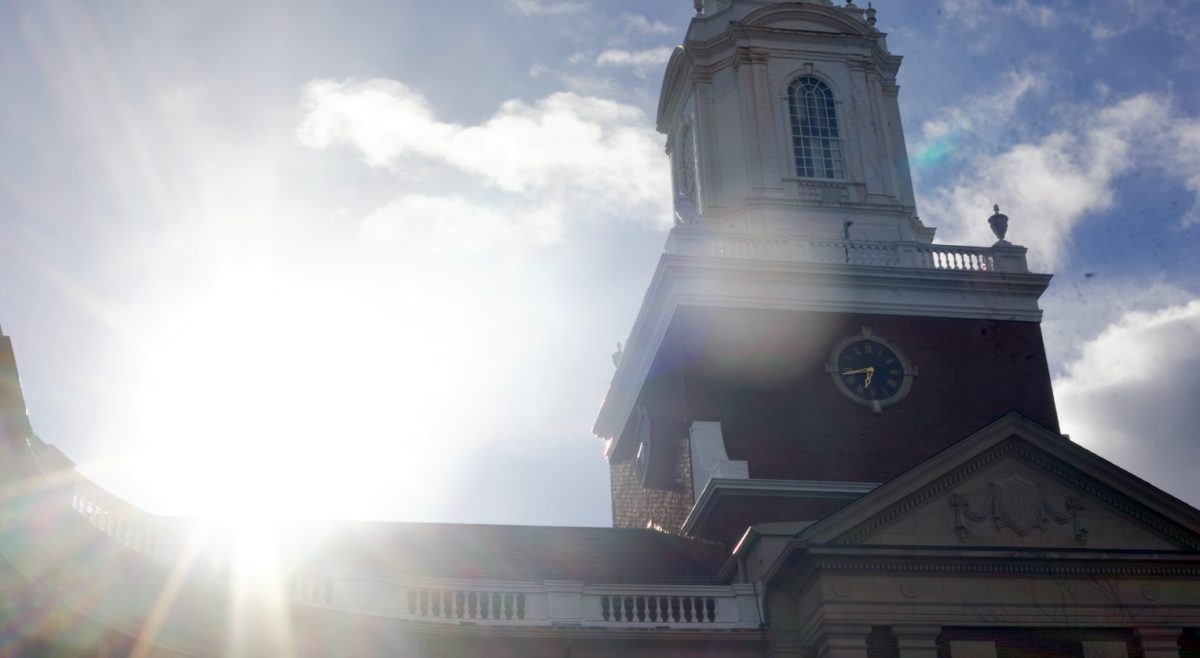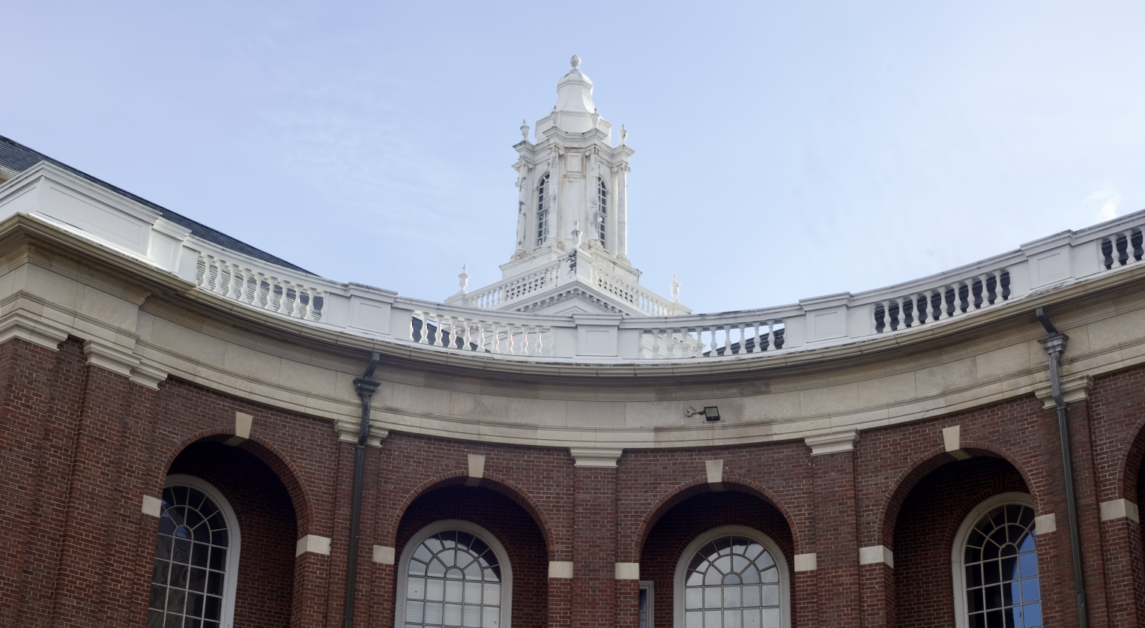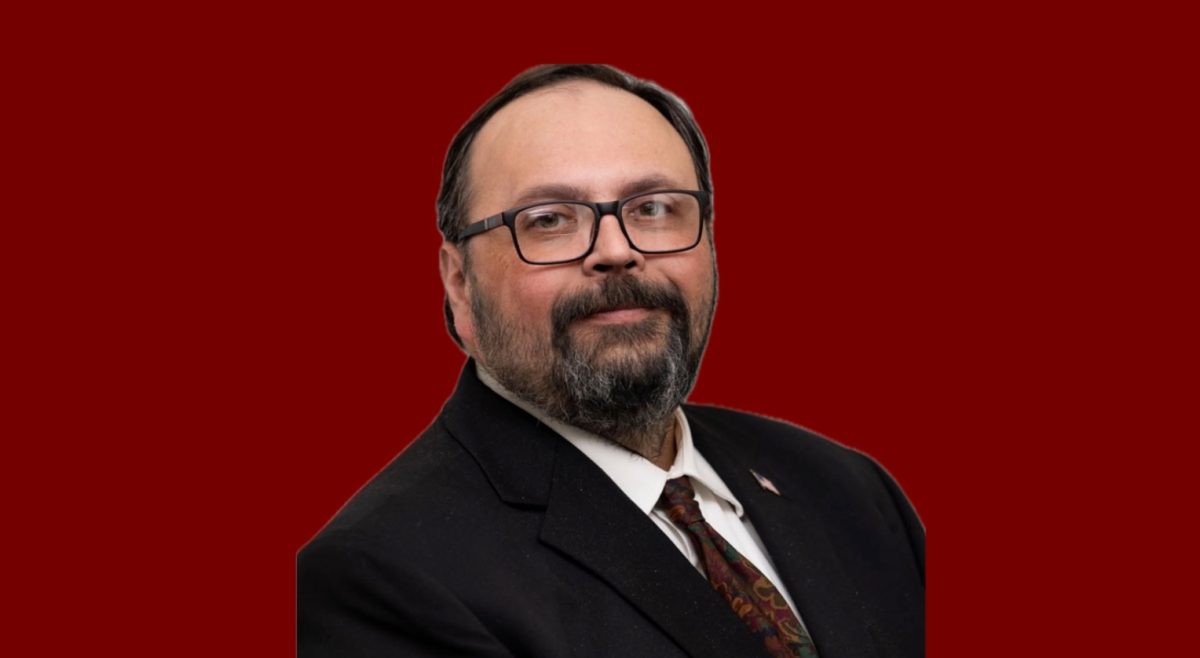The Newton judge who has been accused of helping a man evade Immigration and Customs Enforcement (ICE) turned down a plea deal that would have prevented her prosecution, the Boston Globe reported on May 23. Shelley M. Richmond Joseph was indicted in April on obstruction of justice charges.
If she had accepted the deal and had not repeated the conduct within the next year, prosecutors would abandon the charges, according to the Globe. Since she denied the deal, Joseph faces up to 20 years in prison if convicted. It is not clear whether Joseph would have been able to continue practicing as a judge had she accepted the plea deal.
Joseph’s case has divided Boston and the nation—some say that her prosecution is an overreach, while others applaud U.S. Attorney Andrew Lelling for holding her accountable to the law. Maura Healey, the state attorney general, has defended Joseph, saying that the indictment is a politically motivated attack.
Joseph was appointed to the Newton Trial Court in 2017 by Governor Charlie Baker. When the Boston Globe Spotlight report came out in December 2018 detailing that Joseph helped Jose Medina-Perez escape out the back door of the courthouse, Baker called for Joseph’s temporary removal from the bench.
The deal Lelling offered to Joseph was a “deferred prosecution agreement,” according to the Globe. For this kind of plea, the defendant must not be convicted of another crime and must follow a set of conditions outlined in the deal. If these conditions are met, charges are dropped at the end of the time period set by the court and the guilty plea is withdrawn. The specific details of the plea offered by Lelling are unknown.
“Much as she might have wanted to get rid of the case, she could not admit to something she does not believe to be true,” said Francis Herrmann, S.J., a professor at Boston College Law School, in an email to The Heights. “If, however, the US Attorney’s offer would not have required her to make an admission of guilt, it is harder to understand why she turned down the offer. Perhaps she wants the authoritative voice of a jury of citizens to declare to the public that she is not guilty.”
If Joseph had admitted guilt—if it had been a requirement of the plea deal, for example, even if the criminal charges were then dropped—it could prompt the Massachusetts Board of Overseers, the Committee of Judicial Conduct, or the Supreme Judicial Court to rule on Joseph’s ability to remain on the bench, Herrmann said.
Joseph was indicted last month along with a court officer, Wesley MacGregor, and has been on leave without pay. Joseph instructed MacGregor to take Medina-Perez downstairs in the courthouse to retrieve something he had left behind while ICE agents waited at the front of the courthouse, according to the court document detailing the incident. MacGregor allegedly used his security access code to let Medina-Perez out the backdoor and he escaped. Bringing him downstairs was part of the conspiracy to release him, the court document says.
In a recording of the minutes leading up to Medina-Perez’s release, a defense attorney tells Joseph that ICE is “convinced” they have found the man they were looking for in relation to charges in Pennsylvania. The judge asked the clerk to take the conversation off the record and when the conversation resumed, the defense attorney stated that they were reasonably sure Medina-Perez was not the correct man.
“The idea of anyone interfering with federal law enforcement is troubling, but if a judge did it, that is far, far worse,” Lelling said at a news conference in April. “This case is not intended as a policy statement. At least not beyond making the point that the laws have to apply equally even if you’re a state court judge.”
Critics of the prosecution have said that the charges are politically-motivated and are about immigration rather than holding the judge accountable to the law.
Featured Image by Keara Hanlon / For the Heights

